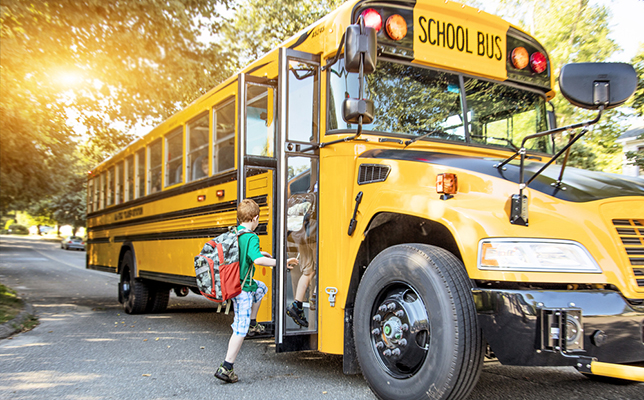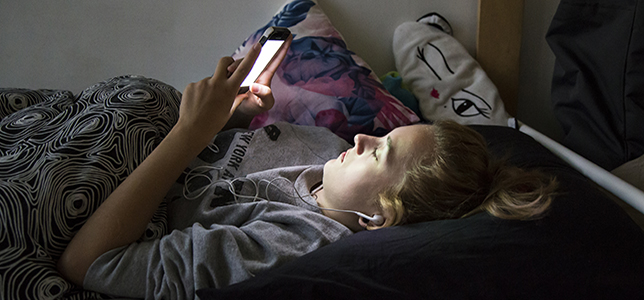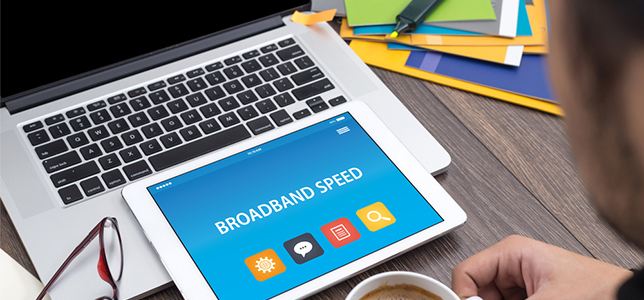
Texas school districts worked with networking solutions provider D-Link to prepare a technology plan and upgrade their networks to support digital learning initiatives long-term — while maintaining their budget.

Eighth-grader Lakaysha Governor spends two hours on the bus getting back and forth to school each day. Thanks to a grant from Google, she can now use that time more productively and get her homework done.

Millennials are more likely to ditch broadband and just use their smartphones at home, while older generations prefer a broadband connection, according to a new survey from ReportLinker Insights.

FCC regulators are telling nine companies that they won’t be allowed to participate in a federal program intended to help them provide affordable internet access to low-income consumers — weeks after those companies were approved to do so.

The number of E-rate requests for high-speed internet has doubled since last year, according to the 2016 E-Rate Trends Report, prepared by Oklahoma-based consulting group Funds for Learning.
The second annual “State of the States” report on the state of broadband connectivity in United States schools finds that Hawaii and Kentucky are among a number of states that are leading the way in ensuring that their students have access to equal educational opportunities provided by technology.
Two Willamette Valley school administrators have resigned after being placed on leave for sending text messages in which they mocked former students.
The education apps market in the United States is expected to grow at a compound annual growth rate of 28.15 percent in the period of 2016-2020, according to a new report by research firm Research and Markets.
The e-learning market is predicted to experience significant global growth over the next five years, largely driven by advances in technology, evolving business needs and a number of emerging learning and development trends, according to Docebo’s newly released research report, “E-Learning Market Trends and Forecast 2017-2021.”
Two thirds (67 percent) of parents say monitoring their children’s media use is more important than respecting their privacy, according to a report released Tuesday by Common Sense Media. More than two in five parents (41 percent) say they check their children’s devices and social media accounts “always” or “most of the time.”